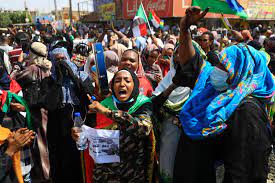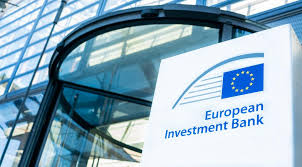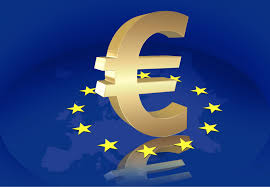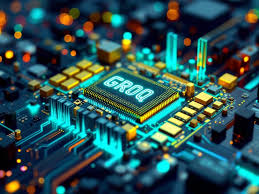On Sunday, Sudan’s deposed prime minister inked an agreement with the military that will see him reinstated, over a month after he was placed under house arrest following a military coup. The agreement was described as “a sort of betrayal” by a key pro-democracy group that has organized hundreds of protests.
In televised speeches, the country’s senior general, Abdel Fattah Burhan, stated Abdalla Hamdok will lead an independent technocratic Cabinet until elections can be held. The extent to which the government would wield power is unknown. It would still be supervised by the military.
It’s also unclear whether any political parties or pro-democracy organizations have ratified the deal.
According to the agreement, the military would release government officials and lawmakers who have been detained since the October 25 coup.
International condemnation has greeted the coup, which comes more than two years after a popular revolt forced the resignation of longstanding despot Omar al-Bashir and his Islamist regime.
“The signing of this agreement opens the door wide enough to meet all of the transitional period’s issues,” Hamdok said at the signing event, which was televised live on state television.
Sudanese have taken to the streets in large numbers since the military took control of the country, upending the country’s fragile democratic transition. The deal comes just days after medics announced that at least 15 individuals were killed by live fire during anti-coup protests. For weeks, military commanders have kept Hamdok under house arrest.
The agreement also calls for an investigation to determine who is accountable for the deaths and injuries of citizens and troops during protests following the coup.
Sudan’s “regional and global friends” who assisted in obtaining this deal were thanked by Hamdok, although the countries were not named.
After the transitional period ends, power shall be given over to an elected civilian government, according to the 14-clause agreement.
“We might create a genuine foundation for the transitional era by signing this declaration,” Burhan remarked.
The Sudanese Professionals Association, which was instrumental in the rebellion against Bashir, has spoken out against the accord, accusing Hamdok of committing “political suicide.”
“This agreement exclusively affects its signatories, and it is an illegitimate attempt to legitimize the most recent coup and the military council,” the organization tweeted shortly after the agreement was signed.
The Forces for the Declaration of Freedom and Change, a coalition of political parties and pro-democracy organizations, have previously expressed opposition to any accords with the military.
The group restated its opposition to any new political cooperation with the military in a statement released Sunday, insisting that the coup’s perpetrators be brought to court.
“We are not concerned with any deals with this savage junta, and we are using all nonviolent and inventive measures to overthrow it,” the statement added.
The Umma Party, the largest of the political parties reported to be involved in the pact, also issued a statement hinting that it did not approve it.
The pact, according to Cameron Hudson, a former State Department official and Sudan expert at the Atlantic Council’s Africa Center, permits the generals to keep much of their power while avoiding accountability for the coup and the murder of scores of protestors.
“This appears to be a compromise among elites that prioritizes their own survival over the demands of the people,” he said.
Thousands of people took to the streets in Khartoum, Sudan’s capital, on Sunday, right before the signing ceremony, to protest the coup and demand that power is immediately transferred to civilians. Protesters screamed “Power to the People!” while waving the Sudanese flag. The military has a right to stay in their barracks.”
Military and government officials who talked about the accord on the condition of anonymity because they weren’t authorized to reveal the information earlier claimed the United Nations, the United States, and others played “crucial roles” in its creation.
The use of excessive force against anti-coup protesters has been denounced by the United States, its allies, and the United Nations.




















